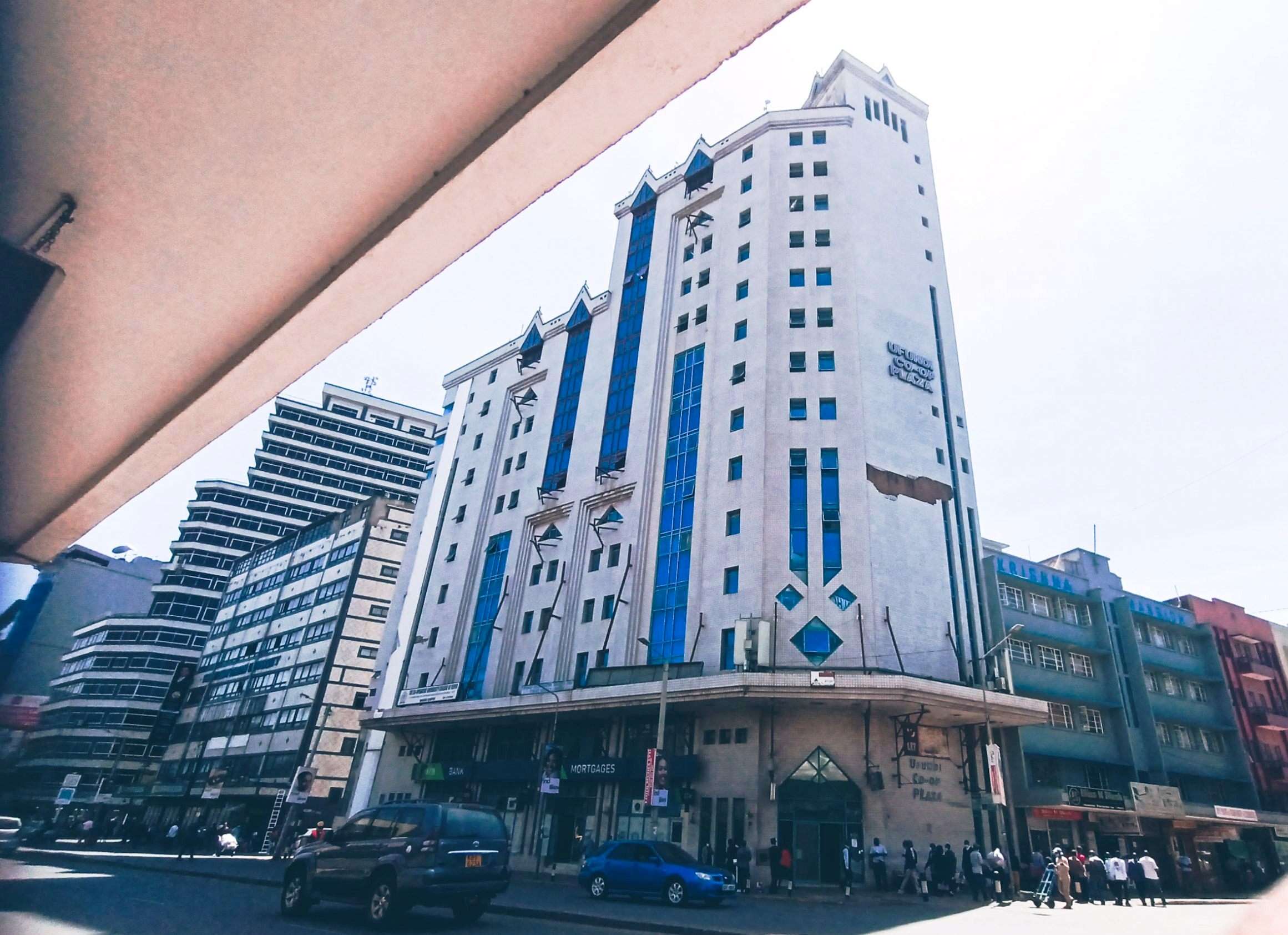By TWV Parliamentary Correspondent
A storm is brewing in the corridors of power as Senators demand urgent answers over unexplained delays in disbursing pensions under the Public Service Superannuation Scheme (PSSS), a flagship reform designed to bring dignity and efficiency to civil servants’ retirement.
Introduced in 2021 as a contributory pension model, the PSSS replaced Kenya’s outdated non-contributory system, aiming to streamline retirement benefits for government employees, including teachers, police officers, and civil servants under 45. Yet, years into its implementation, thousands of retirees remain unpaid, prompting outrage in the Senate.
Leading the charge, Kisumu Senator Tom Ojienda demanded on the Senate floor that Treasury Cabinet Secretary John Mbadi explain why retired teachers and police officers have not received their dues. “There appears to be a palpable and patent delay,” Ojienda said, “and we are operating under a legal framework, yet retirees remain in limbo. When will they be paid?”
Cabinet Secretary Mbadi’s response was deeply concerning yet revealing. He acknowledged the delays, attributing them to incomplete policy and legal frameworks needed to fully operationalise the scheme. “The delay has been caused by a lack of policy guidelines, which we have now processed and are nearly finalised,” Mbadi told the House. “Once completed, the pensions will be processed, likely within two weeks.”
Despite these assurances, pressure is mounting as investigations reveal that retirees who exited service under the PSSS, particularly from the Teachers Service Commission (TSC) and police service, have been disproportionately affected. Many completed exit formalities years ago but have yet to receive a cent.
Pending approval at the State Law Office, draft policy guidelines have created a bureaucratic bottleneck. This delay has plunged many elderly citizens into financial ruin, despite their decades of service to the country. “It has taken too long, we have waited for years,” lamented a retired teacher, echoing the frustration of many.
Cabinet Secretary Mbadi admitted further complications, citing poor coordination among government departments, misplaced pension files, and corruption as contributing factors. However, he denied allegations that pension funds had been diverted. “I’m not aware of any instance where pension allocations have been reallocated. In fact, pension funds are among the most securely ring-fenced allocations,” he insisted.
The revelations have sparked a broader debate on the government’s handling of pension reforms. Critics argue that the PSSS, though well-intentioned, is faltering due to weak implementation and institutional lethargy.
Civil society organisations and retired workers’ associations are now calling for a comprehensive audit of the scheme and its rollout mechanisms. “This is not just a failure of policy,” a watchdog group stated. “It is a failure of morality.”
As the Treasury works to finalise policy guidelines, the Senate is expected to summon key actors in the pension chain, including officials from the State Department for Public Service, the Retirement Benefits Authority, and the TSC. With thousands of pensioners across the country still waiting, uncertain, unpaid, and unheard, the call for accountability grows louder.





